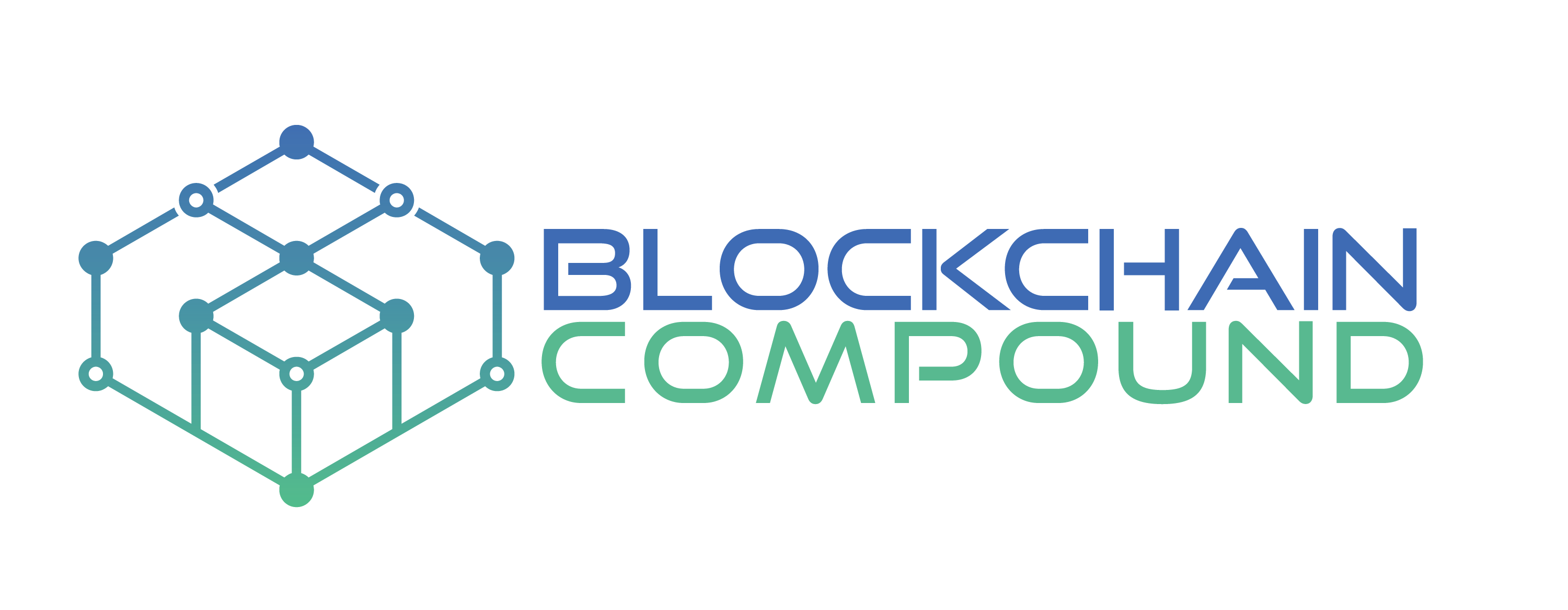A cryptocurrency is a type of digital or virtual currency that uses cryptography for security.
The name “cryptocurrency” comes from the use of cryptography, which is the practice of secure communication, to secure the transactions and to control the creation of new units of the currency. Cryptocurrency is decentralized, meaning it is not controlled by any government or institution, and is instead based on complex mathematical algorithms that are verified and recorded on a digital public ledger called a blockchain. Bitcoin and Ethereum are two examples of cryptocurrencies.
What makes it attractive to people?
People are attracted to cryptocurrency for a variety of reasons. Some people see it as a way to store value outside of traditional financial systems, while others see it as a way to make fast, secure, and transparent financial transactions without the need for intermediaries like banks. Still, others are drawn to the potential of cryptocurrency to provide financial services to people who are unbanked or underbanked, such as those living in developing countries. Additionally, many people see cryptocurrency as a new, exciting technology that has the potential to change the way the world works, and they want to be a part of it.
Why is it called a cryptocurrency?
Aren’t they just tokens?
A token and a cryptocurrency are not the same thing, but they are related. A cryptocurrency, like Bitcoin or Ethereum, is a digital currency that uses cryptography to secure its transactions and to control the creation of new units. Cryptocurrencies are decentralized, which means that they are not controlled by any government or institution, but rather by a network of computers that work together to validate transactions and maintain the integrity of the network.
A token, on the other hand, is a digital asset that is built on top of a blockchain platform like Ethereum. Tokens can represent a variety of things, such as a digital collectible, a virtual real estate, or a share in a company. Tokens are also decentralized, but unlike cryptocurrencies, they are not designed to be used as a form of money. Tokens are mostly used to represent a specific asset or utility, and usually have specific use cases within the ecosystem of a specific blockchain.
Cryptography
Cryptography is the practice of keeping information secure and private through the use of codes and algorithms. These codes and algorithms are used to scramble or encrypt information so that it can only be read by the intended recipient. Cryptography is used to protect sensitive information, like passwords and financial transactions, and is a key component of many computer security systems. The name “cryptography” comes from the Greek words “kryptos” which means “hidden” and “graphein” which means “writing.” So, cryptography is the practice of writing in a way that is hidden or secret.
What does decentralized mean?
Decentralized means that something is not controlled by a single central authority or organization. In the case of blockchain technology and cryptocurrencies, it means that there is no single entity that controls the transactions or the supply of the currency. Transactions are recorded on a distributed ledger that is maintained by a network of computers, and the currency is created and managed through a consensus algorithm that is determined by the network of users. This allows for a more transparent and secure system, as there is no central point of failure or control.
People want a decentralized economy for a variety of reasons, including:
- Decentralization eliminates intermediaries, making transactions faster and cheaper.
- A decentralized economy is more resistant to censorship and control by a single entity, promoting greater freedom and independence.
- Decentralized systems can be more secure, as they are less vulnerable to cyber attacks and fraud compared to centralized systems.
- Decentralization can also increase transparency and accountability, as all transactions are recorded on a public ledger.
- In a decentralized economy, individuals have more control over their assets and financial transactions, promoting financial freedom and independence.
- Decentralization can help to reduce income inequality, as it provides greater access to financial services for people who are underserved or excluded from traditional financial systems.
However, decentralized systems can also have their own challenges and limitations, such as scalability, liquidity, and regulation, which need to be addressed to ensure a successful and sustainable decentralized economy.
Learn more about the benefits of decentralization
Learn more about decentralized apps
Learn more about decentralized finance
Blockchain vs Cryptocurrency
Blockchain technology and cryptocurrency are two distinct but related concepts. Blockchain is a decentralized, distributed ledger technology that allows for secure, transparent and tamper-proof record-keeping of transactions. On the other hand, cryptocurrency is a digital or virtual currency that is built on top of blockchain technology. Cryptocurrencies use encryption techniques to regulate the generation of units of currency and to verify the transfer of funds.
Blockchain technology provides the infrastructure for cryptocurrencies to exist and operate, while cryptocurrencies are the application of the technology. While cryptocurrencies are the most well-known use case for blockchain, the technology has potential for numerous other applications beyond digital currencies, such as supply chain management, digital identity verification, voting systems, and more.
Should cryptocurrencies be regulated?
The regulation of cryptocurrencies is a complex and controversial issue. Some argue that cryptocurrencies should be regulated to protect consumers and prevent illegal activities such as money laundering, fraud, and tax evasion. Regulation can also increase transparency and stability in the market, potentially attracting more institutional investors and mainstream adoption.
Others argue that cryptocurrencies were created as a decentralized alternative to traditional financial systems and that regulation goes against the core principles of blockchain technology. They believe that excessive regulation could stifle innovation, limit personal freedom and privacy, and create a new form of centralized control.
Pros of Cryptocurrency Regulation:
- Consumer protection: Regulation can help prevent scams, fraud, and other malicious activities within the cryptocurrency space, thereby protecting consumers.
- Financial stability: Regulations can help prevent sudden market crashes, price manipulations, and other market disruptions.
- Tax compliance: Regulations can help ensure that cryptocurrency transactions are reported for tax purposes and that the government can collect taxes on these transactions.
- Improved legitimacy: Regulation can help increase the legitimacy of cryptocurrencies and make them more widely accepted as a legitimate form of currency.
Cons of Cryptocurrency Regulation:
- Restriction of innovation: Regulations can limit the development and adoption of new cryptocurrencies and blockchain-based technologies.
- Infringement of privacy: Regulations may require the collection and sharing of personal information, which can undermine privacy and confidentiality.
- Increased costs: Implementing and complying with regulations can be expensive for cryptocurrency exchanges and users, which can limit their ability to participate in the market.
- Reduced decentralization: Regulations can make it more difficult for decentralized cryptocurrencies to function as intended, since they rely on a decentralized network of participants to validate transactions.
It is important to note that the balance between these pros and cons will vary depending on the specific regulatory approach taken, and there is ongoing debate about the best way to regulate cryptocurrencies.




